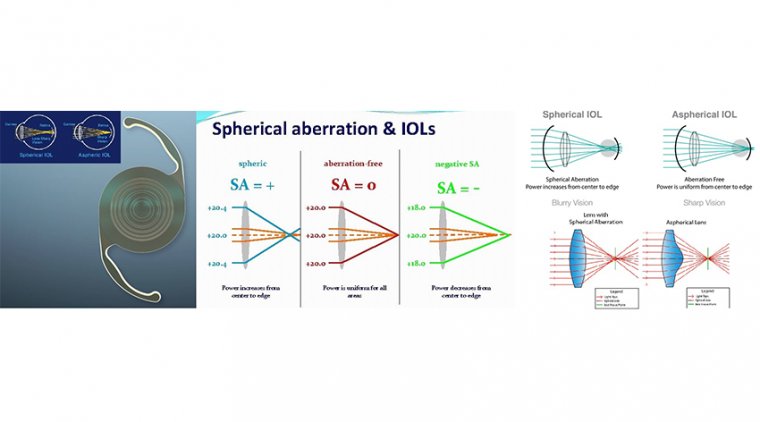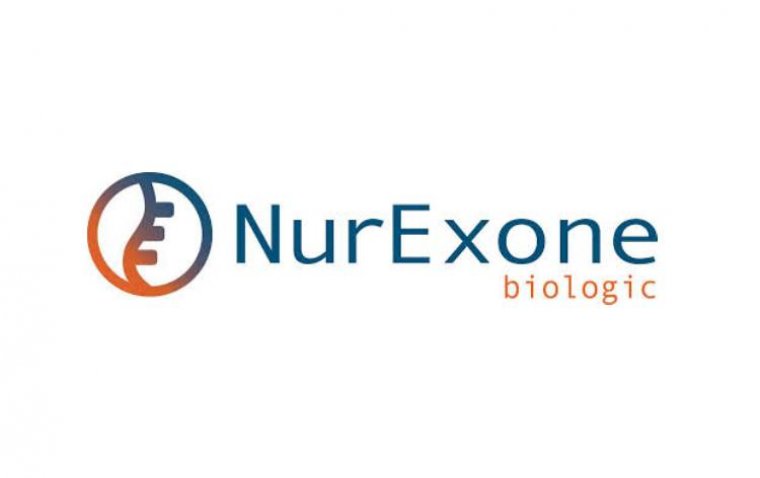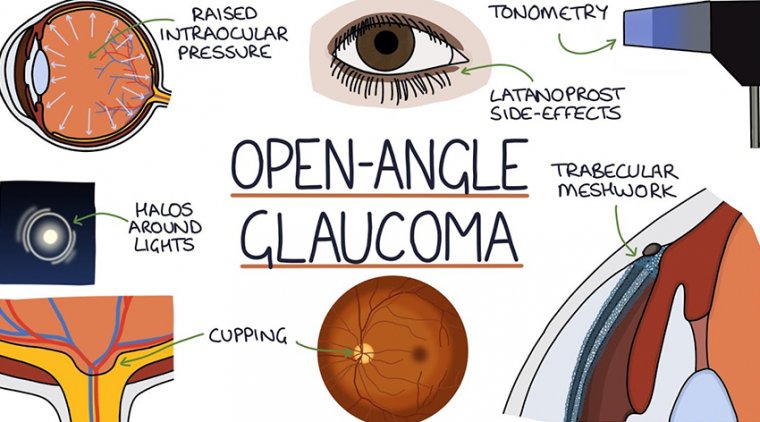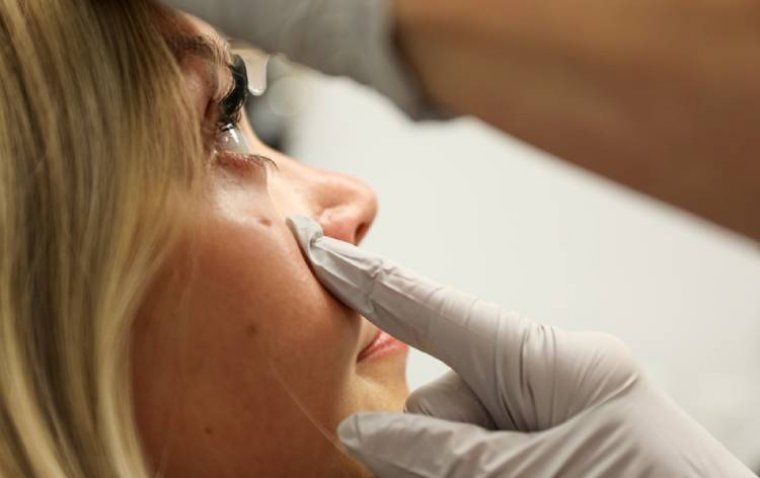
Researchers Discover Novel Approach to Combat Age-Related Vision Loss
A discovery in the treatment of age-related macular degeneration (AMD) has been unveiled by Cirrus Therapeutics, in collaboration with the University of Bristol and London's Global University Institute of Ophthalmology.
Published on the cover of the esteemed journal Science Translational Medicine, this research introduces a promising new avenue for addressing AMD by boosting levels of a specific protein, IRAK-M, in retinal cells.
Understanding the Urgency of Effective Treatments
AMD poses a significant threat to vision, often presenting symptoms such as blurred vision or the appearance of a black dot in central vision, which can progress to complete loss of useful central vision. With approximately 200 million individuals worldwide affected by AMD, a number projected to rise to 288 million by 2040, the urgency for effective treatments is paramount. The etiology of AMD is multifaceted, believed to involve a combination of aging, environmental, and lifestyle factors.
The research team's findings indicate that elevating IRAK-M levels in retinal cells can significantly mitigate retinal degeneration, offering hope for millions afflicted by AMD.
Pathway-Agnostic Approach: A Game-Changer
"This discovery represents the first pathway-agnostic approach toward AMD, offering a comprehensive treatment option for the millions of people who suffer from this debilitating condition," remarked Dr. Andrew Dick, Head of the Academic Unit of Ophthalmology at the University of Bristol, Director of the UCL Institute of Ophthalmology, and co-founder and Chief Scientific Advisor of Cirrus Therapeutics.
Dr. Jian Liu, the first author and senior research scientist at the Academic Unit of Ophthalmology of the University of Bristol, emphasized the importance of age in AMD risk, stating, "Since age stands as a primary risk factor for AMD, the gradual decrease of IRAK-M levels with age, which further declines in AMD, is a key way to identify the potential markers of early AMD progression and ultimately a new way of treatment."
Advancing Treatment Paradigms
This discovery promises to advance current AMD treatments, which often target single pathophysiology pathways.
"Our novel approach not only addresses the multiple pathways involved in treating AMD but also offers the most compelling and evidence-based strategy available today," affirmed Cirrus Therapeutics co-founder and Chief Executive Officer Dr. Ying Kai Chan.
Cirrus Therapeutics, recently spun out of the University of Bristol, is committed to developing therapies stemming from this pioneering research, marking a significant step forward in the fight against AMD-related vision loss.
About AMD
Age-related macular degeneration (AMD) is a progressive eye condition that primarily affects older adults and is a leading cause of vision loss worldwide. AMD gradually deteriorates the macula, the central portion of the retina responsible for sharp, central vision, leading to blurred or distorted vision. In advanced stages, AMD can cause significant visual impairment, impacting daily activities such as reading, driving, and recognizing faces. There are two forms of AMD: dry AMD, characterized by the accumulation of drusen, small yellow deposits beneath the retina, and wet AMD, characterized by the growth of abnormal blood vessels beneath the retina.
Reference
Jian Liu et al, Replenishing IRAK-M expression in retinal pigment epithelium attenuates outer retinal degeneration, Science Translational Medicine (2024). DOI: 10.1126/scitranslmed.adi4125. www.science.org/doi/10.1126/scitranslmed.adi4125
(1).jpg)










